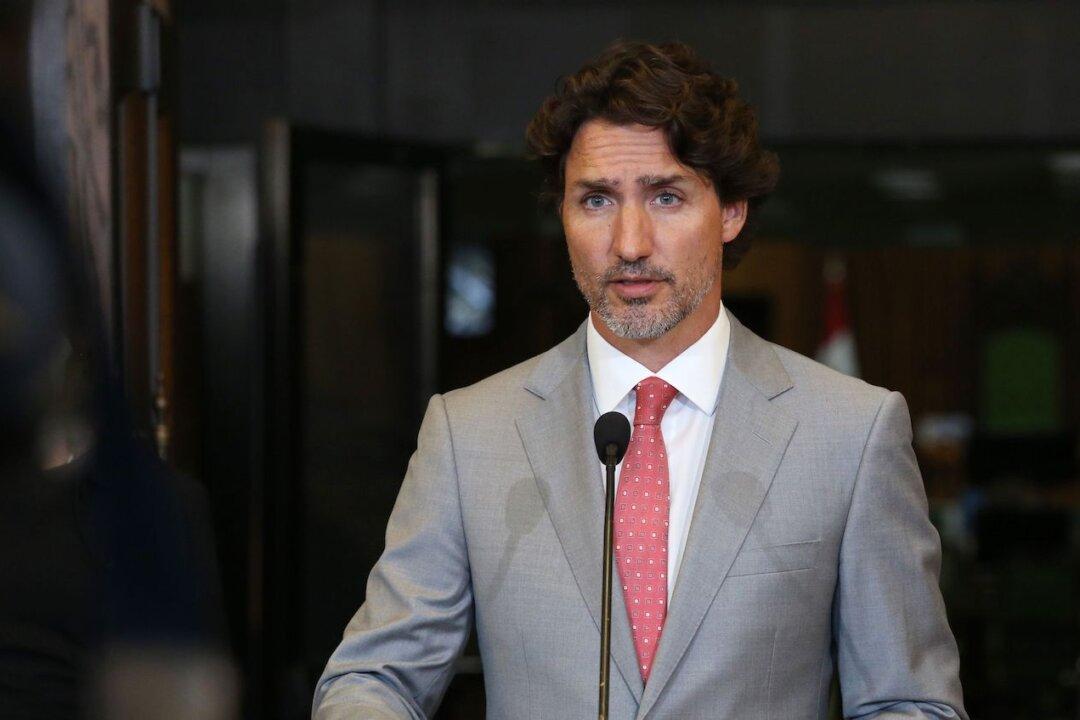OTTAWA—Canada and Britain are on the verge of a deal to ensure that free trade between the two, post-Brexit, can continue until the Canadian Parliament approves a new bilateral agreement, according to four well-placed sources.
The two sides are discussing a bridging mechanism allowing them to temporarily waive tariffs, the sources said. This would likely take the form of a memorandum of understanding that Ottawa could agree to without needing approval from legislators.





